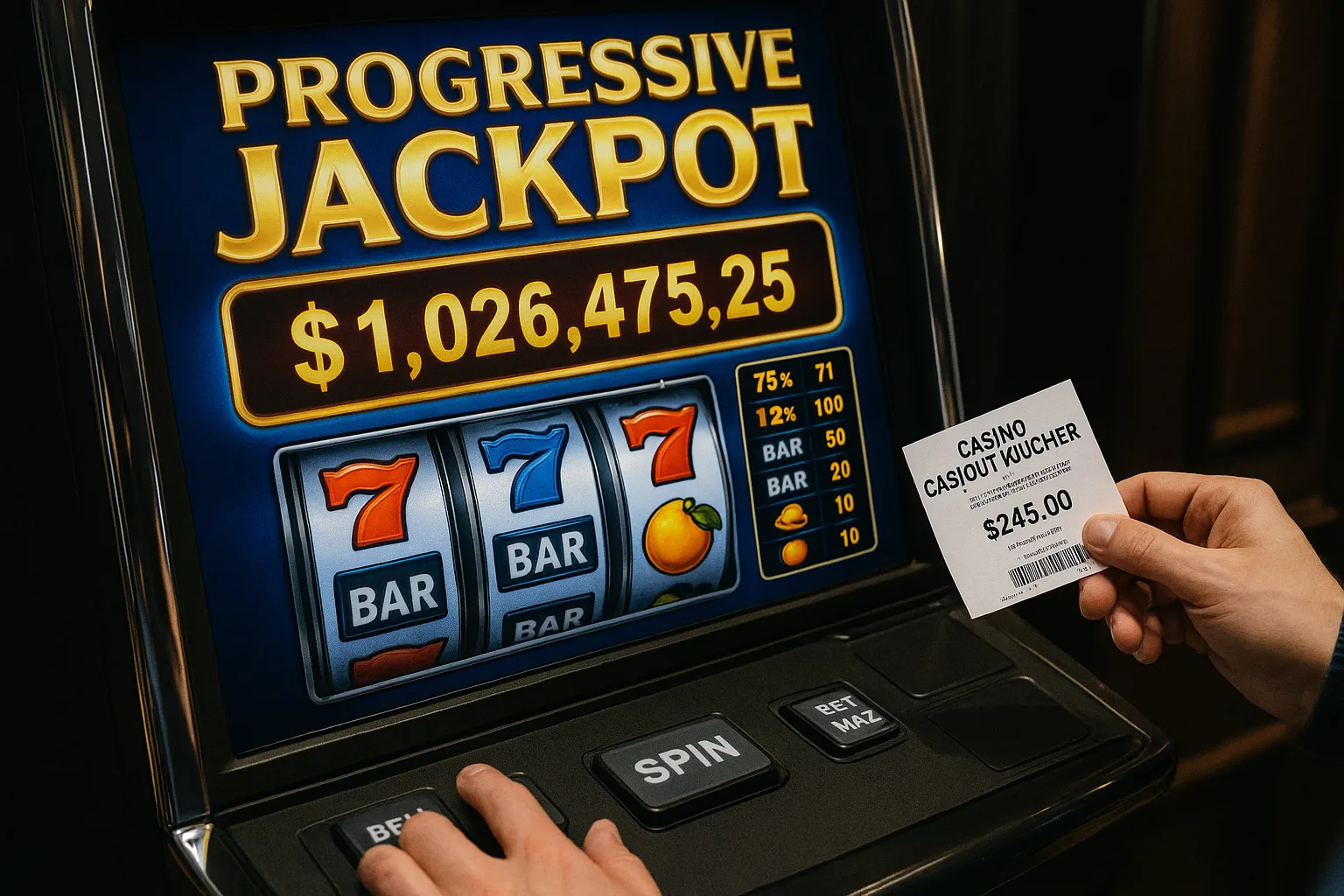Progressive jackpot slots have become one of the most talked-about features in the online casino world. Their appeal is undeniable: with every spin, the prize pool grows, sometimes reaching millions, and a single lucky play can change someone’s life. But many players wonder—are these jackpots fair, or are they just clever marketing tools designed to keep people spinning? The answer lies in understanding how they work, how payouts are structured, and what role regulation plays in ensuring fairness.
How Progressive Jackpots Work
A progressive jackpot slot differs from a regular slot machine because it pools a portion of each wager into a collective prize fund. This fund grows with every spin until a player eventually lands the winning combination. Depending on the slot, the jackpot can be local (linked to machines within a single casino) or networked (linked across multiple casinos and even countries).
The thrill of watching the jackpot counter climb is part of the attraction. But it also raises questions: if so many players are contributing to the pool, how do we know that the payout process is fair and not manipulated? This is where regulation and technology come in. Independent auditors test the Random Number Generators (RNGs) that power progressive slots, ensuring outcomes cannot be predicted or tampered with.
For players who want more freedom, platforms such as casinos not on gamstop offer access to a wider range of progressive slots. These platforms, while appealing for their variety and fewer restrictions, still depend on trustworthy RNG systems if they want to maintain credibility. Choosing a reputable operator remains essential.
The Fairness Debate
The core of the fairness debate is whether progressive jackpots are winnable or whether they are simply “carrots” dangled to keep players engaged. Statistically, the odds of winning a multi-million jackpot are incredibly low, often lower than winning the lottery. Yet they are not impossible. Documented wins, both in physical casinos and online, show that jackpots do pay out.
The real question is not whether they pay, but how often. The longer a jackpot goes without being won, the bigger it gets, and the more players are drawn in. From a psychological perspective, this creates a cycle where players contribute more as the jackpot grows, even though the odds remain unchanged. This tension between possibility and probability is what makes progressive slots both enticing and controversial.
Regulation and Oversight
Fairness in progressive jackpots largely depends on regulation. In jurisdictions like the UK, Malta, and Gibraltar, gambling authorities require operators to use certified RNGs and subject them to regular audits. These measures ensure that jackpots cannot be manipulated, either by the casino or by players.
However, not all platforms operate under such strict oversight. Some offshore or unlicensed operators may not follow the same standards, raising concerns about transparency. This is why it is important for players to stick with licensed casinos or to at least verify the fairness credentials of platforms before playing. Auditing seals from organizations like eCOGRA or iTech Labs are indicators that the slot has been independently tested.
Payout Frequency and Visibility
One of the criticisms of progressive jackpots is the lack of visibility into payout frequency. Unlike lotteries, where winning odds are clearly stated, slots often provide only vague details. While RTP (Return to Player) percentages are published, they don’t specify how often jackpots hit.
Some operators have improved transparency by publishing records of recent winners and prize amounts. These real-world examples provide reassurance that jackpots are more than just promotional gimmicks. Still, most players approach them as high-risk entertainment rather than a realistic income opportunity.
Are Progressive Slots Worth Playing?
Whether progressive jackpot slots are “worth it” depends on what you’re looking for in a casino experience. If your goal is consistent smaller wins, regular slots or table games may be better suited. If, however, you’re chasing the dream of life-changing money, progressives offer that chance, however slim.
The key is to play with perspective. Progressive jackpots are entertainment, not investment strategies. Setting limits, enjoying the thrill, and accepting the odds for what they are is the healthiest way to approach them. For some players, the excitement of “what if” is worth the cost of entry.
Final Thoughts
Progressive jackpot slots do pay out fairly when operated by licensed and audited casinos. The randomness of RNG technology ensures that no spin is predetermined, and documented wins prove that payouts happen. However, fairness does not mean favorable odds—these games are designed to pay out rarely but spectacularly.
The bottom line is that progressive jackpots are as fair as the systems and regulations behind them. They are not scams, but they are not easy wins either. For players, the choice comes down to whether the thrill of chasing the big prize justifies the risk. With responsible play and careful platform selection, progressive jackpot slots can be both fair and fun.









